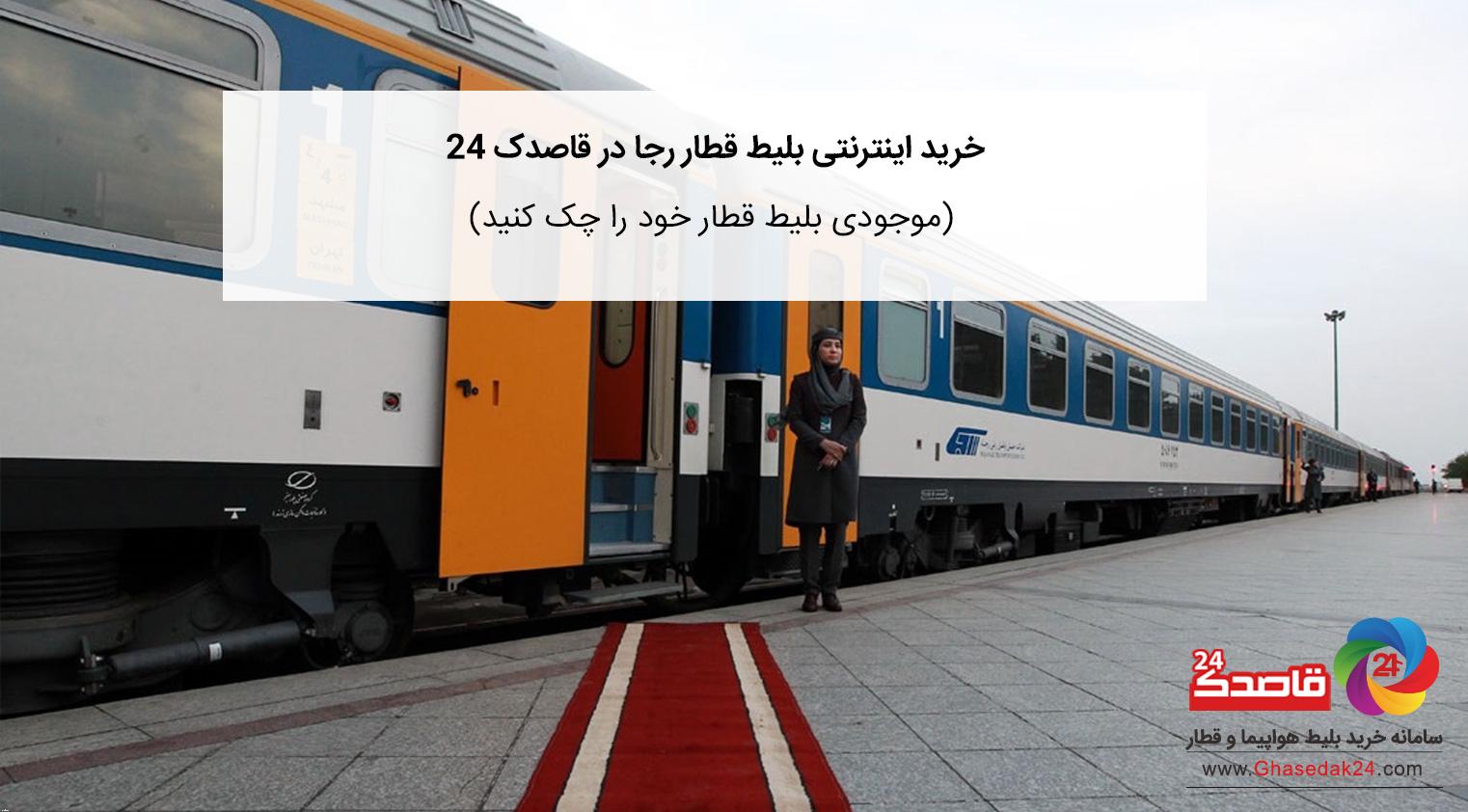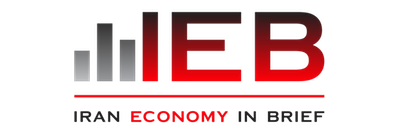
Internet based businesses and the classical ones continue to struggle in different industries. While first taxi drivers were fighting against Uber-like ride-sharing companies, the fight has now been expanded to travel agencies and ticket selling websites.
By arriving the summer holidays, many people start booking their train tickets and plan their trips. Naturally the easiness of buying tickets on the internet, less people go to travel agencies in person.
In order to protect the business of classical travel agencies, Iran’s Rail Road Company (RAJA) has set limitations on selling tickets through websites.
This scheme permits the online websites to sell train tickets from 8 a.m. to 10 a.m. while the classic travel agencies are still closed.
From 10 a.m. to 14 p.m. pre-selling train tickets through any website is not possible and passengers can only purchase tickets personally at travel agencies.
Although RAJA says that after 14 p.m. it is possible to purchase tickets both at websites and travel agencies, many users say that they have tried to buy their tickets online in the afternoon, however, they did not succeed.
Internet-based ticket sellers, such as Alibaba Travel Agency, the biggest internet-based travel agency in Iran, are worried that their limited access to the severs will make their users have bad experiences and can damage their reputation.
Maadiran is the biggest home appliance manufacturer in Iran. The company is going to open a new plant in Payam Special Economic Zone within a month where according to the Minister of IT and Communication, Mohammadjavad Azarjahromi, it will create 850 new jobs.
Having 30 percent of TV market in Iran, Maadiran sells more television than any other brand in the country.
The new plant in Alborz Province, has an operational production capacity of 150,000 units for refrigerators, as well as washing-machines.
Following the devaluation of Rial in April 2018, the government tightened the import of foreign brands of home appliances. Therefore, prices of imported products jumped significantly and for certain products has been more than four-folded.
Although the Iranian products experienced rise in prices too, but it was anyway less than their foreign competitors and remain more affordable for customers.
For instance, while a Samsung washing-machine costs 120 million Rials (around 930 USD), a washing machine made by the Iranian company Absal costs 45 million Rials (around 340 USD).
Even though Iran is not among advanced industrial economies, but its electricity consumption per capita is among the highest ones in the world. According to the Ministry of Energy, the electricity consumption per capita for the Iranian fiscal year of 1396, i.e. March 2016 to 2017, has increased by 6.4 percent respect a year before that and has reached 3126 Kilowatt-hour. Consumption growth of energy is continuing year on year and the Ministry of Energy warns that this growth is not mainly due to industrial growth but only because of bad consumption patterns.
The underlying infrastructure to produce electricity are partly provided by the private sector, however the government buys the power from them and is the only distributer of it. Therefore, the prices are fixed and also subsidized. The non-realistic prices for electricity cause users not to appreciate the power and waste it.
Donyay-e Eghtesad daily writes that on average global price for a kilowatt-hour of electricity in 2018 was about 14399 Rials, while in Iran a kilowatt-hour of electricity costs only 814 Rials, i.e. almost 18-times less.
